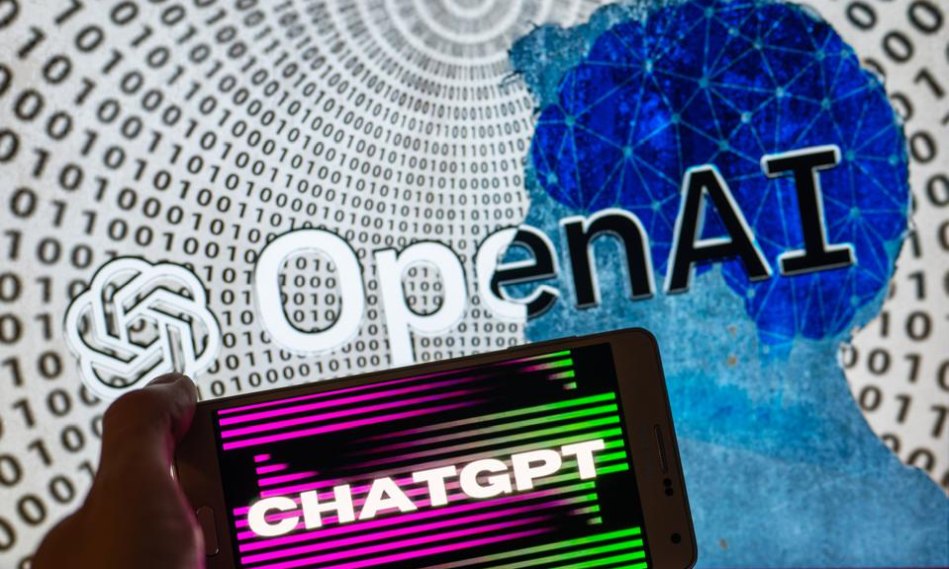Elon Musk to develop ChatGPT rival to fight ‘Woke AI’

“The damage done to the credibility of AI by ChatGPT engineers building in political bias is irreparable.”
Elon Musk has contacted AI researchers to explore the development of an alternative to ChatGPT, the Information reported on Monday, citing two people with direct knowledge of the effort and a third person briefed on the conversations.
To spearhead the effort, The Information reported that Musk has been recruiting Igor Babuschkin, a researcher who recently left Alphabet’s DeepMind AI unit and specializes in the kind of machine-learning models that power chatbots like ChatGPT. Babuschkin also told The Information in an interview that Musk’s objective is not to build a chatbot with fewer content safeguards
The report comes just a few months after Musk suggested last year that OpenAI’s technology was an example of “training AI to be woke.”
The danger of training AI to be woke – in other words, lie – is deadly
— Elon Musk (@elonmusk) December 16, 2022
Musk co-founded OpenAI in 2015 with Sam Altman and 20 others with the mission of developing and promoting friendly artificial intelligence, with the goal of advancing and ensuring the beneficial use of AI in society. In addition, both Musk and Sam were motivated in part to address the concerns about existential risk from artificial general intelligence.
But in 2018, Musk stepped down as the chairman due to a conflict of interest. A year later, Microsoft announced invested $1 billion in OpenAI. Fast forward four years later, OpenAI shocked the world when it launched its ChatGPT, a dialogue-based AI chat interface for its GPT-3 family of large language models.
The ChatGPT soared in popularity after its release on November 30, 2022. The OpenAI’s AI-powered chatbot could do virtually everything from writing poetry, and correcting coding mistakes with detailed examples, to generating AI art prompts. It can even explain the worst-case time complexity of the bubble sort algorithm.
In just two months, ChatGPT reached 100 million monthly active users in January, making it the fastest-growing consumer application in history. Last week, the company announced it was launching ChatGPT Plus, a $20 per month pilot subscription plan for its popular AI-powered chatbot. The sudden success of ChatGPT has put more pressure on other tech companies including Google, Baidu, and Alibaba.
However, it didn’t take long before ChatGPT suffered its first credibility crisis after users who had tested the chatbot accused OpenAI engineers of turning the popular chatbot into a political tool and a platform to promote transgenderism. Their accusations also caught the attention of Tesla CEO Elon Musk who also expressed some concerns about ChatGPT.
a Twitter user who goes by the name E (Elijah Schaffer) tweeted: “Ai says to affirm transgender children.” Elijah asked ChatGPT if kids can be transgender. In response, ChatGPT said: “Yes, children can be transgender, meaning they identify as gender from the one they were assigned at birth.”
But what’s frightening about ChatGPT’s answer is that there’s no conclusive genetic proof that children can be transgender from birth. Besides, in a piece at Scientific American titled, “The Disturbing History of Research into Transgender Identity,” Dr. Jack Turban warned that “research into the determinants of gender identity may do more harm than good.”
You can read the rest of ChatGPT’s answer below.
Ai says to affirm transgender children pic.twitter.com/1SUBEZopiz
— E (@ElijahSchaffer) January 31, 2023
Musk also weighed in:
“It [ChatGPT] expresses this view without a shred of doubt, which is discordant with the scientific method,” Musk remarked.
These are just a few of ChatGPT’s concerns expressed by users. Experts and educators have also voiced other potential concerns including cheating, privacy, and safety. While OpenAI has done a great job in addressing these concerns, more work still needs to be done.





